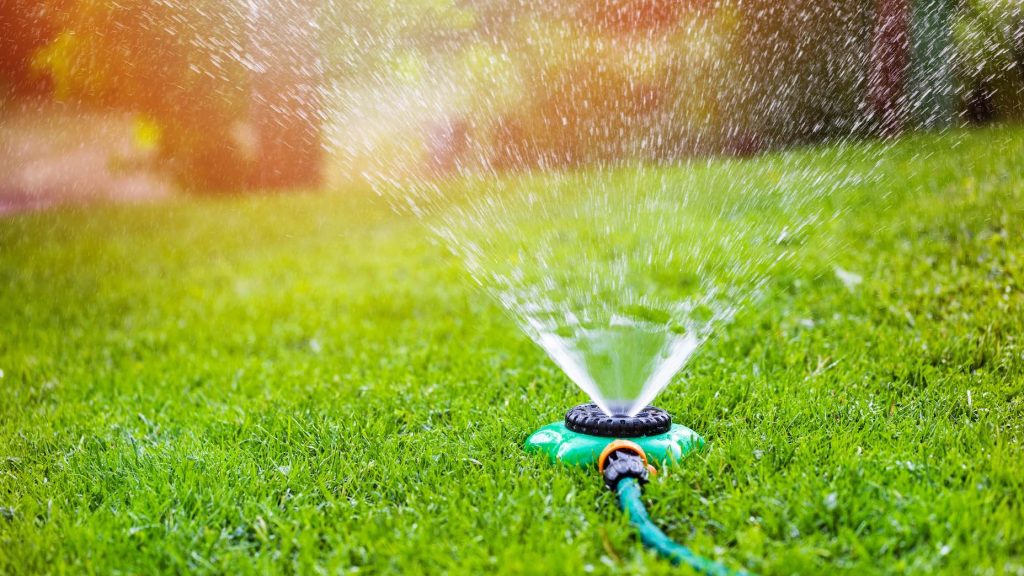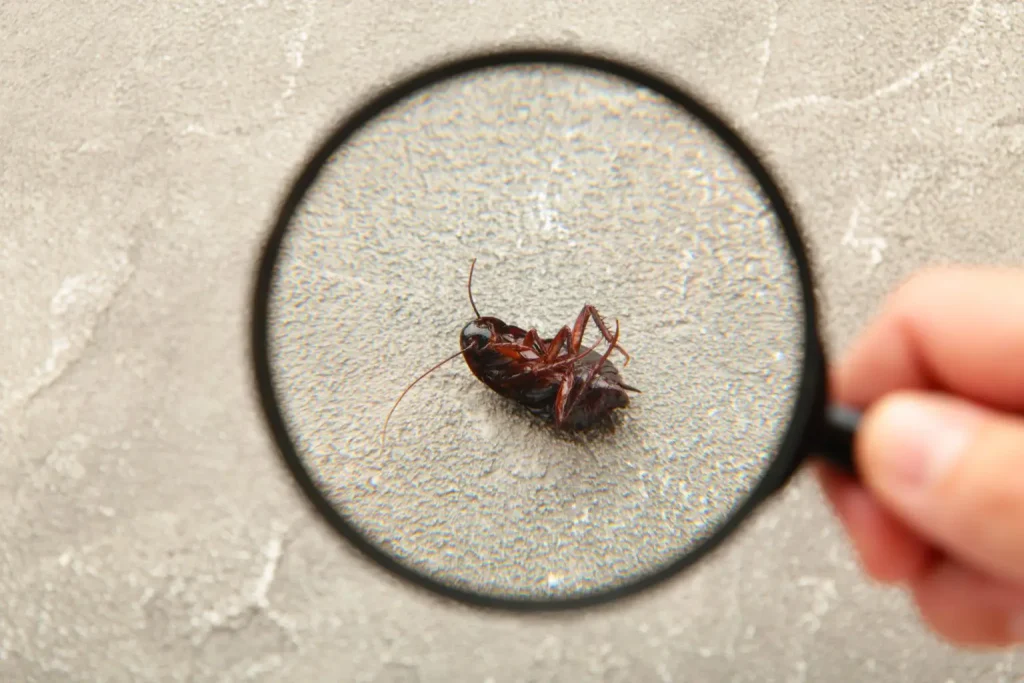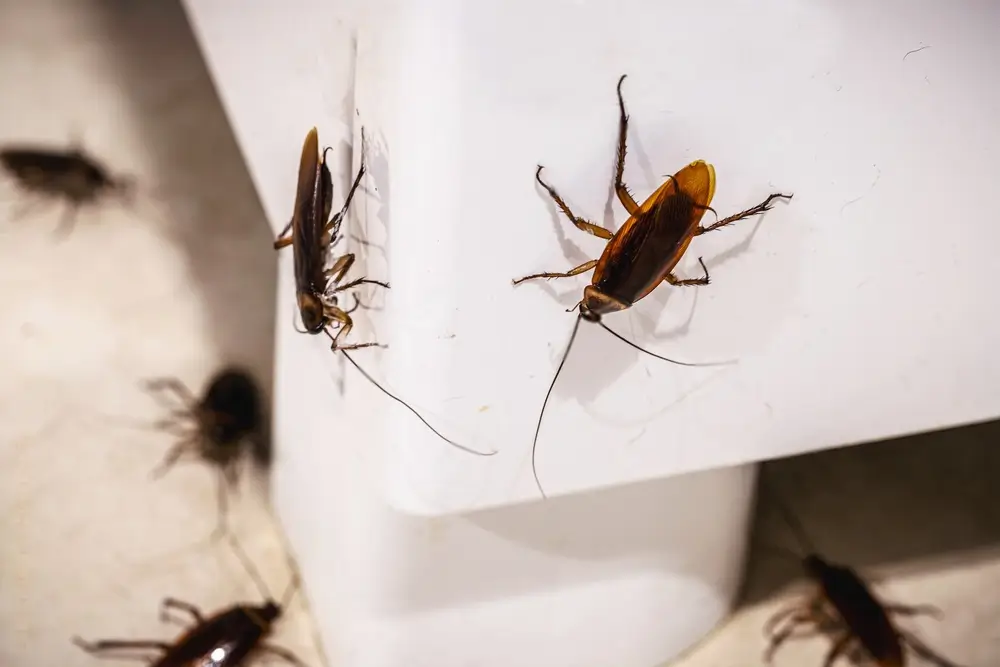Evergreen Home Care Blog
Want to learn all the best DIY lawn care and pest control tips right from the professionals? Our blog covers key insights, tips, and tricks to help you care for your home or business—inside and out! You’ll also find relevant industry insights and local news. We want to keep you in the know, so you can enjoy your property to the fullest!
Get a Free Quote
After-hours inquiries will be returned the next business day.

6 Reasons It’s Important Not to Overwater in the Summer
Summer is here, and you know what that means – sunshine, BBQs, and, of course, taking care of our beautiful lawns. While we all know that watering our grass is essential, did you know that overwatering during the summer can actually do more harm than good? Let’s dive into the six reasons why it’s crucial...
Blog Posts

Are Roaches Common in Apartments/Condos?
South Florida, known for its tropical climate and beautiful beaches, is also notorious for being a haven for pests, including the dreaded roaches. If you’re living in an apartment or condo in this region, chances are you’ve encountered these unwelcome visitors at least once. But just how common are roaches in South Florida apartments and...

Is It Normal to See More Bugs After a Pest Control Treatment?
You’ve just had a pest control treatment at your home. You’re excited because you’re expecting a bug-free zone. But wait, what’s this? You start to see more bugs crawling around than before the treatment. Panic sets in, and you wonder, “Is this normal?” Fortunately, it is. For more clarification on this common problem, keep reading...

Most Common Fall Threats to Florida Lawns
As the summer heat begins to subside, and the days grow shorter, fall arrives in Florida, bringing a welcome relief from scorching temperatures. While fall may not bring the colorful foliage seen in other parts of the country, it does bring its own set of challenges to Florida lawns. Here are the most common fall...

What Is the Best Season for Weed Germination?
Are you a gardener or homeowner battling those stubborn weeds that seem to pop up in your lawn or garden no matter what you do? If so, you’ve probably wondered about the best time to tackle the issue of weed germination. We’re here to help you navigate this green enemy by understanding the best season...

Are Roaches Dangerous to Pets?
Roaches, those unwelcome guests in our homes, are not only a nuisance to humans but can also pose potential threats to our furry family members—pets. In sunny West Palm Beach, roaches thrive in the warm climate. It’s essential to understand the risks they may bring to your pets. Keep reading to learn about the dangers...

Can the Color of My Outdoor Lights Attract Insects?
When it comes to outdoor lighting, we often consider factors like brightness, style, and energy efficiency. One aspect that is frequently overlooked is the color of the light itself. Surprisingly, the color temperature of your outdoor lights can play a significant role in attracting insects. Here’s a closer look at the science behind it and...
Happy Customers
About Evergreen

© 2025 Evergreen Lawn & Pest Control. All rights reserved. | Privacy Policy | Sitemap



